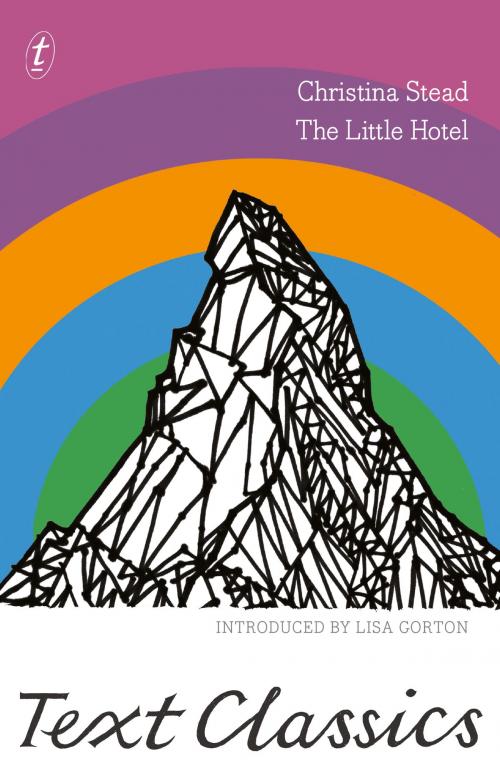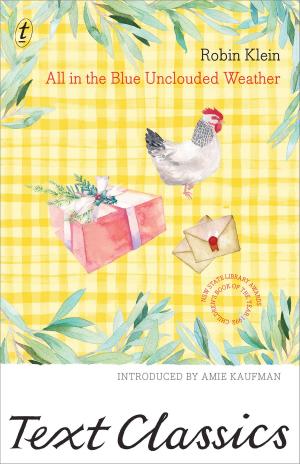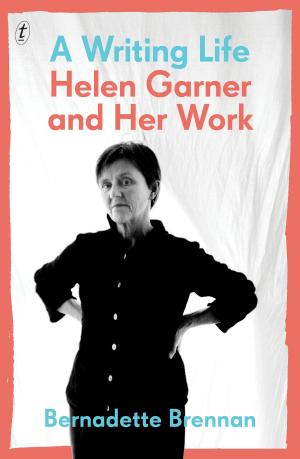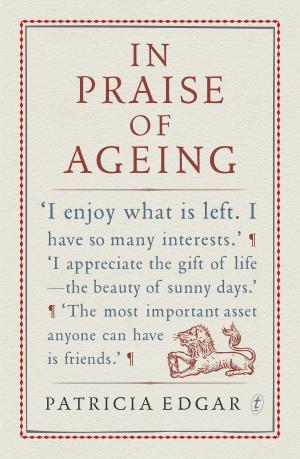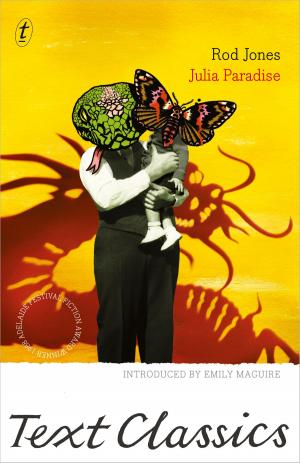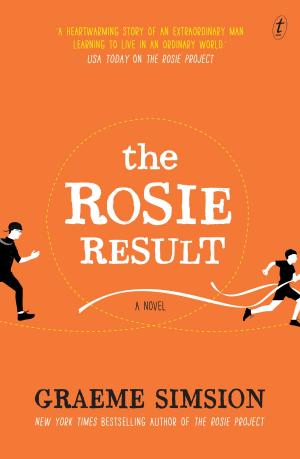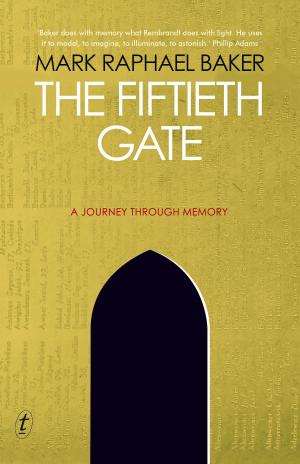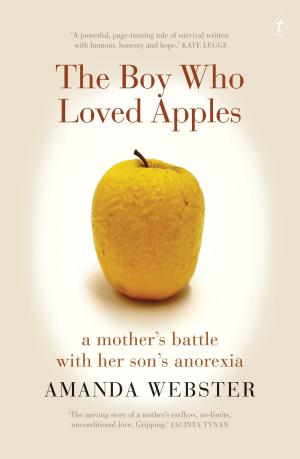| Author: | Christina Stead | ISBN: | 9781925410167 |
| Publisher: | The Text Publishing Company | Publication: | October 3, 2016 |
| Imprint: | Text Publishing | Language: | English |
| Author: | Christina Stead |
| ISBN: | 9781925410167 |
| Publisher: | The Text Publishing Company |
| Publication: | October 3, 2016 |
| Imprint: | Text Publishing |
| Language: | English |
‘One of Australia’s greatest novelists puts together…a crew as sad, funny and perverse as any ever gathered.’ Time
After the Second World War, bizarre characters from across the ruined continent have gathered at the ‘fourth-rate’ Hotel Swiss-Touring by Lake Geneva. Some are residents, while other guests have come for the season. In the claustrophobic atmosphere of the little hotel, their eccentricities and their desperation—their jealousies and vindictiveness—are all too apparent.
First published in 1973, shortly before Christina Stead’s return to Australia, The Little Hotel is a sharp, witty satire of changing lives in postwar Europe.
Christina Stead was born in 1902 in Sydney. Stead’s first books, The Salzburg Tales and Seven Poor Men of Sydney, were published in 1934 to positive reviews in England and the United States. Her fourth work, The Man Who Loved Children, has been hailed as a ‘masterpiece’ by Jonathan Franzen, among others. In total, Stead wrote almost twenty novels and short-story collections. Stead returned to Australia in 1969 after forty years abroad for a fellowship at the Australian National University. She resettled permanently in Australia in 1974 and was the first recipient of the Patrick White Award that year. Christina Stead died in Sydney in 1983, aged eighty. She is widely considered to be one of the most influential Australian authors of the twentieth century.
‘This neat little volume will appeal to readers who enjoy historical fiction with a good dose of satire. Classic fiction from an award-winning Australian author.’ BookMooch
‘How to describe it? It’s like a meteorite from Krypton landed on Ozlit’s bindi-eye-riddled lawn, greenly glowing. Or perhaps a mosaic of imagined intimacies…Stead is a recording angel of the threadbare European middle class of the postwar years.’ Saturday Paper
‘In this highly confined setting, Stead creates a busy mini-Europe of petty and poignant crises, or perhaps a molehill of The Magic Mountain. This is an excellent place for the Stead novice to begin enjoying her artistry.’ STARRED REVIEW, Kirkus Reviews
‘One of Australia’s greatest novelists puts together…a crew as sad, funny and perverse as any ever gathered.’ Time
After the Second World War, bizarre characters from across the ruined continent have gathered at the ‘fourth-rate’ Hotel Swiss-Touring by Lake Geneva. Some are residents, while other guests have come for the season. In the claustrophobic atmosphere of the little hotel, their eccentricities and their desperation—their jealousies and vindictiveness—are all too apparent.
First published in 1973, shortly before Christina Stead’s return to Australia, The Little Hotel is a sharp, witty satire of changing lives in postwar Europe.
Christina Stead was born in 1902 in Sydney. Stead’s first books, The Salzburg Tales and Seven Poor Men of Sydney, were published in 1934 to positive reviews in England and the United States. Her fourth work, The Man Who Loved Children, has been hailed as a ‘masterpiece’ by Jonathan Franzen, among others. In total, Stead wrote almost twenty novels and short-story collections. Stead returned to Australia in 1969 after forty years abroad for a fellowship at the Australian National University. She resettled permanently in Australia in 1974 and was the first recipient of the Patrick White Award that year. Christina Stead died in Sydney in 1983, aged eighty. She is widely considered to be one of the most influential Australian authors of the twentieth century.
‘This neat little volume will appeal to readers who enjoy historical fiction with a good dose of satire. Classic fiction from an award-winning Australian author.’ BookMooch
‘How to describe it? It’s like a meteorite from Krypton landed on Ozlit’s bindi-eye-riddled lawn, greenly glowing. Or perhaps a mosaic of imagined intimacies…Stead is a recording angel of the threadbare European middle class of the postwar years.’ Saturday Paper
‘In this highly confined setting, Stead creates a busy mini-Europe of petty and poignant crises, or perhaps a molehill of The Magic Mountain. This is an excellent place for the Stead novice to begin enjoying her artistry.’ STARRED REVIEW, Kirkus Reviews
